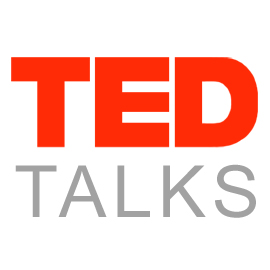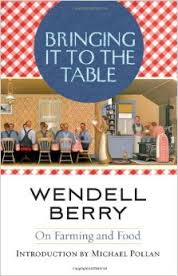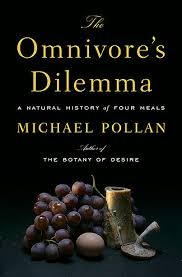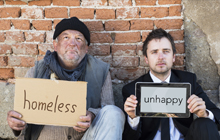“The single greatest lesson the garden teaches is that our relationship to the planet need not be zero-sum, and that as long as the sun still shines and people still can plan and plant, think and do, we can, if we bother to try, find ways to provide for ourselves without diminishing the world.” ― Michael Pollan,The Omnivore’s Dilemma: A Natural History of Four Meals
It seems that Americans can get anything they want to eat, at any hour of the day, almost instantly, with a minimum of expense and effort. Normally they can get all they want to eat, and do so even without leaving their sofa or their car. However, the ease with which most of us can get our food has caused some unforeseen consequences, and we are hearing more and more people ask questions about our bountiful feast. How does our wealth of food affect our world? Are we doing things to acquire food that are taking more from the earth than it is giving back? How do our eating habits affect future generations?
Is there some way to eat that is compassionately informed, so as to not harm others, our planet, and the other forms of life in our world? This course experience examines this subject. The first task is to understand the question. The following video shows what many farmers are starting to do in order to educate us about some of the issues food raises.
Version 1.1









